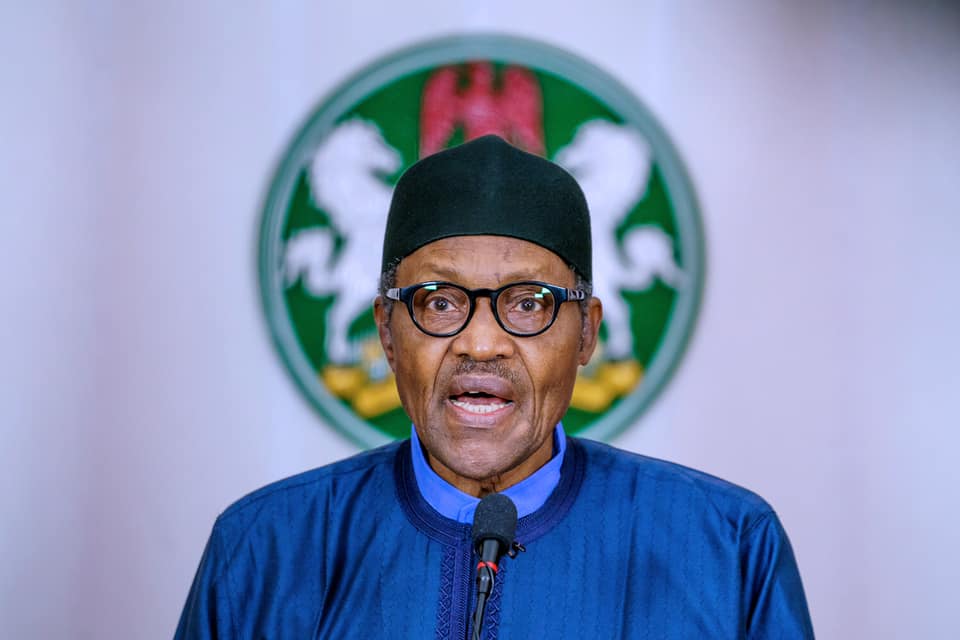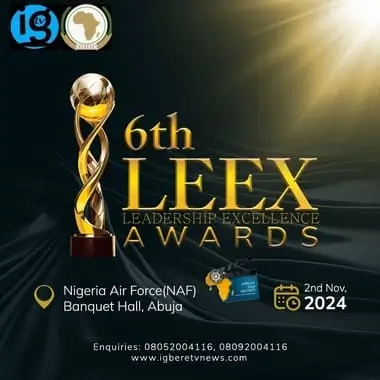By Dike Chukwumerije
Mister President, I listened very closely to your last interview, and would respectfully like to respond to the parts that stung me the most. You are famous for saying a lot with a little. And, in that interview, you did not disappoint. It is an ability every good poet strives to have. But, forgive me, this letter is rather long. Let us begin.
Your solution to the farmer/herder crisis is not the correct one. You have asked us to understand that open grazing is part of the culture of the nomadic Fulani. And you have also suggested that the way forward is to dispossess all who have encroached on those grazing routes and reserves marked out in the 1960s.

I know, sir, that as a Fulani man your heart will always tilt towards the Fulani. Indeed, as Nigerians, we all wrestle with this instinct – to speak in the interests of our own ethnic groups, even when so doing would, clearly, not be the right thing. But I appeal to you to consider the fact, easily verifiable, that open grazing by nomadic Fulani herdsmen is the cause of conflicts resulting in more deaths, year on year, in Nigeria today than any other. Please think about it. That a successful attack even by the dreaded Boko Haram does not immediately lead to a palpable heightening of ethno-religious tensions across the country. But each attack by armed herdsmen, not only puts more of your citizens – on average, per attack – in body bags, but feeds these tensions as directly as pouring kerosene on fire.
It cannot be that all affected farmers, from Zamfara to Bayelsa, different tribes, different tongues, all have this problem of not ‘understanding the culture of the Fulani’. It can only be that this aspect of the culture of the nomadic Fulani – like the killing of twins, or the abandonment of babies in evil forests, like mutilation of the genitals of little girls or the disinheritance of women – is one that needs to evolve with the times. Because Abuja, as it is today, did not exist in the 1960s. How can we go back? Our population has more than doubled since the 1960s. How can we go back? Attempting to force the country back to the days when a vast country and a relatively small and dispersed population made open grazing sustainable is as futile as banning Twitter. That train has left the station. Already, under your watch, the historic Hausa-Fulani classification has, for the first time in living memory, been broken. If you keep trying to send us back in time, with a policy position that considers the root cause of Nigeria’s most lethal crisis – the herder/farmer crisis – as the inability of all other ethnic groups to ‘understand’ the Fulani, your only success will be in further isolating the Fulani as targets of popular discontent in public imagination.
Two. We know you have kith and kin on the other side of the border with Niger – because you have told us so. We know that the Fulani from Mauritania (the ones you say are adept with the AK-47) cannot be distinguished from the Fulani in Nigeria (the ones you say only carry matchets and sticks). But for a believer in One Nigeria, one should not be left wondering if your loyalty to your trans-regional ethnic group is equal to, or greater than, your loyalty to your own nation. Do you consider yourself Nigerian first, or do you consider yourself Fulani first? If armed Fulani from across the West African region mobilize to carry out a struggle within Nigeria, on which side would you fight? If your honest answer would be, ‘on the side of the Fulani’, then you have more in common with today’s secessionists than you realize. And this is not uncommon. For we live in a country where the average citizen struggles with this internal sense of divided loyalties – between their ethnicity and their nationality. And it is precisely for this reason that our founding fathers made it a cardinal principle of the Nigerian state – to run an inclusive system of government. It is why section 15 of our Constitution mandates the State “to foster a feeling of belonging and of involvement among the various peoples of the Federation, TO THE END THAT LOYALTY TO THE NATION SHALL OVERRIDE SECTIONAL LOYALTIES”.
You see? Our founders, and our current Constitution, recognize that One Nigeria is a construct that has to be proactively invested in and built, if it is to be realized. And that one of the most important tools for doing this is running an inclusive government. That is a government that listens. That is a government that engages with different points of view. That is a government that carries everyone along. That is a government that, according to Sir Ahmadu Bello, does not pretend that we do not have differences, but instead commits to understanding these differences and accommodating them. This is the cardinal principle that your government has so visibly violated, particularly in the area of your body language towards the South East (that infamous 5% comment) and your appointments into sensitive positions. And it is this that is the root cause of the unrest in the region. For, as you very rightly said in your interview, if you give people what they want – the infrastructural development and sense of belonging they crave – they will leave you alone.
In truth, Nigeria is a country that only works when it is being led by someone who has resolved the inner struggle between tribe and nation within himself or herself in favour of nation. By someone who is truly committed to the National Interest. By someone who, in ethos and orientation, is Nigerian. For ‘One Nigeria’ is not a mantra. It is an outlook of tolerance, a willingness to accommodate, a commitment to building a diverse society where the rights of one are fairly balanced against the rights of the other, so that everyone has a healthy stake in the Union. It is just like Wole Soyinka said in his poignant rejoinder to that famous Civil War jingle. The Poet Laureate said – the attitude should not be, ‘To keep Nigeria one is a task that must be done’, rather it should be, ‘To make Nigeria one, Justice must be done’. For, ultimately, it is a just Nigeria that is One Nigeria – nothing else. With this in mind, Mr President, please lead us forward.







